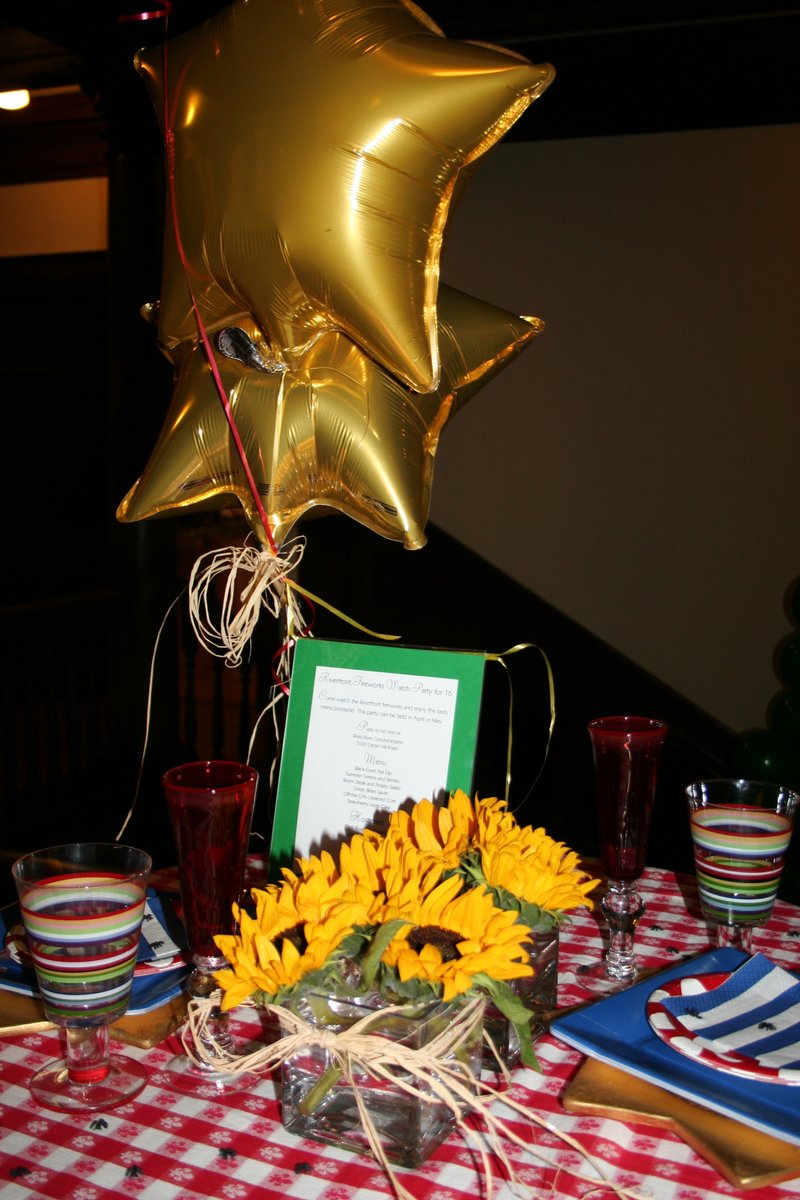As firefighters battled the blaze creeping up a lakeside hill, others hurried to aid people wounded in a personal watercraft and boat collision. Still more pulled victims from the rushing waters of a river, while crews airlifted roof-bound flood victims to safety.
DeGray Lake took on the feel of a disaster zone Saturday as more than 30 Arkansas fire departments received training in water emergency scenarios from the Arkansas Fire Boat School. The annual event, now in its 11th year, gives fire and emergency crews the chance to practice handling water rescues, flood response and wildfires.
Fire departments from Texas and Mississippi also participated in the event, which was sponsored by agencies including the Governor's Office, Arkansas Game and Fish Commission, the Arkansas Forestry Commission, and the Arkansas Fire Academy.
Adriane Barnes, spokesman for the Arkansas Forestry Commission, said both volunteer and professional fire departments from 16 Arkansas counties -- about 325 participants and organizers -- attended.
"We've got folks from as far north as Baxter County all the way down to Chicot County," she said.
Each boat school comprises scenarios tailored to real-life situations encountered by participating departments. On Saturday, fire and emergency crews responded to mock boating accidents, rescued survivors from a flooded town setting, practiced water helicopter rescues and fought a controlled fire on the banks of DeGray Lake.
Smaller boats navigated a serpentine course and pulled dummies from the waters of the nearby Caddo River. The event culminated in crews responding to a "grand finale" scenario in which an aircraft had struck a houseboat.
Barnes said the boat school was developed out of the commission's rural fire protection program, which helps train and equip fire departments. As more departments needed equipment for water rescues and operations, the program's organizers sought a way to train crews on fire-boat use.
"Boats obviously have very unique training needs," Barnes said. "We said, 'If we're going to distribute boats, we're going to have to come up with some training for that as well.' So any crew that received a fire boat through the AFC [Arkansas Forestry Commission] rural fire program began coming to this once a year."
The first year of the program began with only a handful of participating firefighters, but later sessions quickly grew.
"Over 11 years, it's turned into the largest inland marine training exercise of its kind anywhere in the South -- we're fairly certain it's [the largest] anywhere in the U.S.," she said.
Doug Coney, assistant chief of operations with the Little Rock Fire Department, said the skills firefighters build at the boat school are indispensable.
"We've used everything we've learned," he said. "This is probably the best place to come and get this kind of training. Bar none."
Evert Breeden, a 34-year veteran and former chief of Johnson County Rural Fire Department 5, said water rescues are a recurrent part of the job.
Recently, his department had to put its boating skills to the test after a woman driving on Interstate 40 suffered a seizure and crashed into a creek near Clarksville. With the car submerged in deep water, it took the Johnson department's fire boat and a separate dive crew to bring it up. Although the woman died, Breeden said tactics learned at the boat school were instrumental in clearing the scene.
"Every year, I bring somebody new from our department [to the boat school]," Breeden said. "Because this is training. It's not who can do it the fastest or whatever -- you need to know how to do it."
Though his department does see serious water accidents, Breeden said many less severe situations are preventable.
"What's bad is we get calls out of people's stupidity," he said. "We had one here a while back; 32-foot house boat went out on the river. They were having a little party. They throw the anchor out; next morning they wake up -- they're sitting on ground."
It took 12 fire crew members to push the grounded boat back into the water.
"If it weren't for people's stupidity, we wouldn't do half of what we do," Breeden said.
Lt. Cmdr. David Block, chief of response for the U.S. Coast Guard's Sector Lower Mississippi River, was out Saturday to help train crews. Block, who coordinates with rescue teams across Arkansas, said the effect of the boat school program is boundless.
"What you get out of it when these guys are trained, how do you measure that? They go out and save a life and use some of the skills that they've learned here; you can't put a price tag on that."
Metro on 06/08/2014

